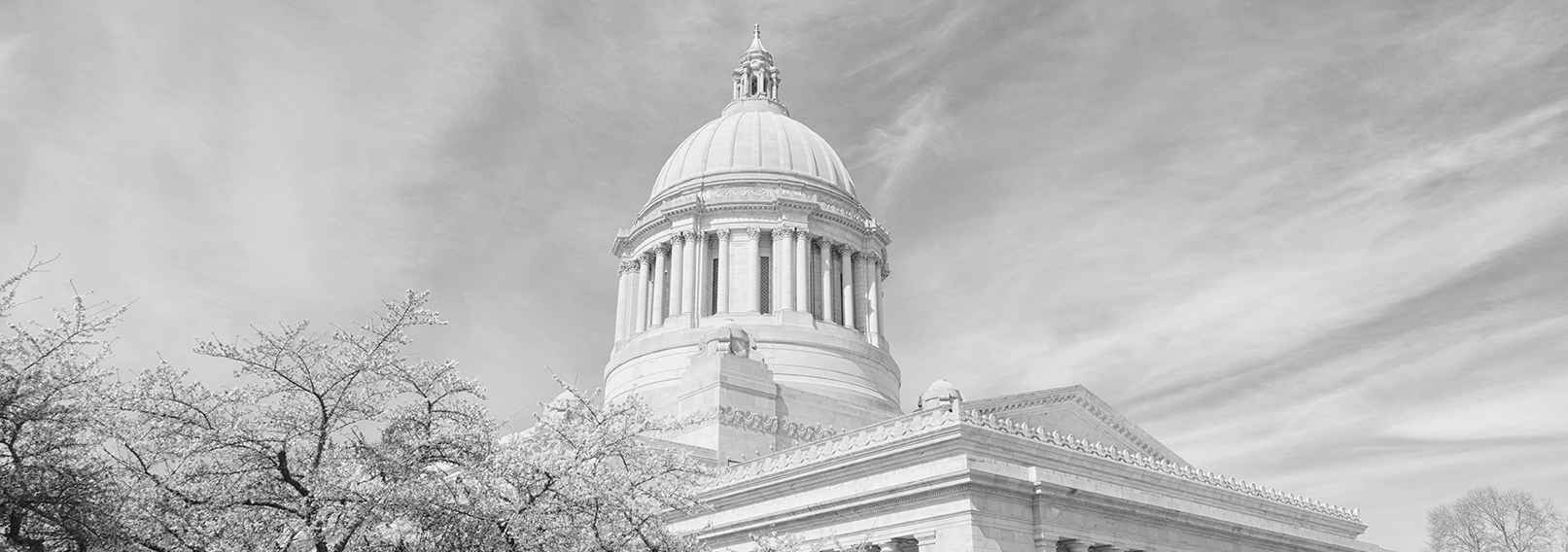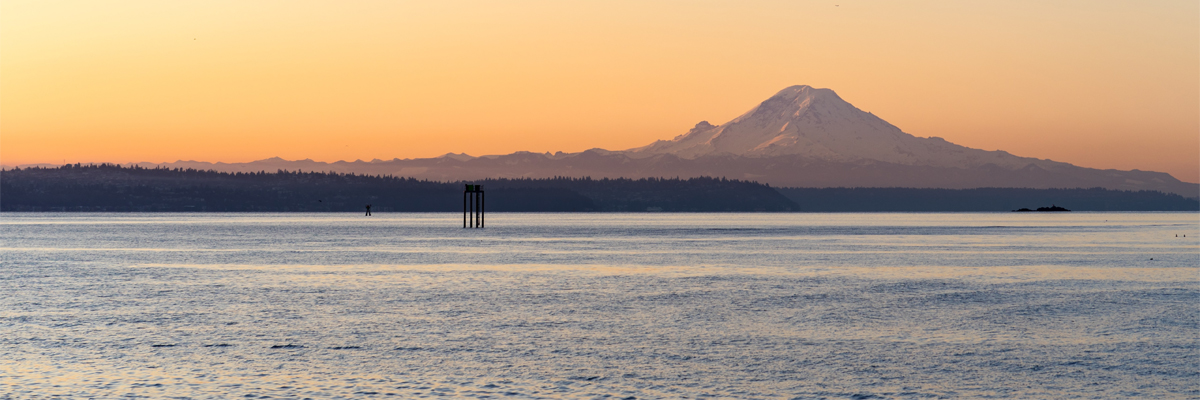When is a tourist not a tourist? When groups like the Washington Destination Management Organizations (WDMO) and the Washington Hospitality Association (WHA) are allowed to write the definition.
Merriam Webster defines “tourist” as one that makes a tour for pleasure or culture. Dictionary.com says a “tourist” is a person who is traveling, especially for pleasure. And, the Cambridge Dictionary states that a “tourist” is a person who travels and visits places for pleasure and interest. What’s missing from all of these definitions is a requirement that a tourist travel a specific distance or stay overnight in a hotel.
But if WDMO and WHA are allowed to continue to define “tourist” as they have been so far in SB 6592, then a tourist is someone who travels for 50 miles or more one way and/or stays the night in a hotel.
Why does this matter?
State law currently allows for the creation of tourism promotion areas (TPA) upon the petition of 60% of local lodging businesses to the local legislative authority (board). The board may then levy a charge of up to $2/night on hotel stays. The funds are to be used for “tourism promotion,” which is defined as activities and expenditures designed to increase tourism and convention business, including but not limited to advertising, publicizing, or otherwise distributing information to attract and welcome tourists, and operating tourism destination marketing organizations.
This is different from the lodging tax, which is a credit of up to 2% against the state retail sales tax rate.
Cities and counties can use the lodging tax for activities designed to increase tourism, including tourism marketing and the acquisition and operation of tourism-related facilities. There are metrics relating to tourism in the law allowing for the lodging tax, but there is no definition of tourist. This is a result of continued disagreement, negotiation, and compromise over the course of many years.
SB 6592 expands the ability to create tourism promotion areas to counties and cities off all sizes, and it raises the $2 charge up to $5. Both of these changes are great. But, unfortunately, the advocates are trying to add the definition of tourist local governments have fought so long against. They will tell you that since they are charging the fee, they should have a say in how it is used. And, that is correct to a point.
When the state or a local government levies a sales tax, the business collecting the tax does not get a say in how the tax is used and, unlike with a TPA, does not get to decide not to collect the tax if they don’t like the results. However, with the TPA and lodging tax, the hospitality groups have a unique level of input into the collection and use of the revenue.
But, remember, too, that hotels and hospitality groups can already self-fund tourism promotion to get “heads in beds” at their establishments, in which case they can have complete control over how the dollars are used. But, in this case, they are asking the government to levy the charge. With the imprimatur of the government, the government should also have a say in how the charge is used.
County festivals and fairs draw day trippers from around the state and from places nearby. People who don’t stay the night in a hotel but do spend their hard-earned dollars in local restaurants, stores, and gas stations. These people, who would not have traveled to the county but for that festival or fair, should be considered tourists for the purposes of the TPA funds. These tourists support the economy in the same ways tourists who stay the night or drive 50 miles do.
The definition of tourist should be removed from this bill. If organizations like WDMO and WHA want to evaluate the TPA and the lodging tax in a holistic manner, WSAC is more than amenable to sitting down during the interim and hashing out changes. But this bill is not the right vehicle for making such a dramatic change to such a contentious issue. The bill can survive without such a definition – TPAs have been in use for years without one.



